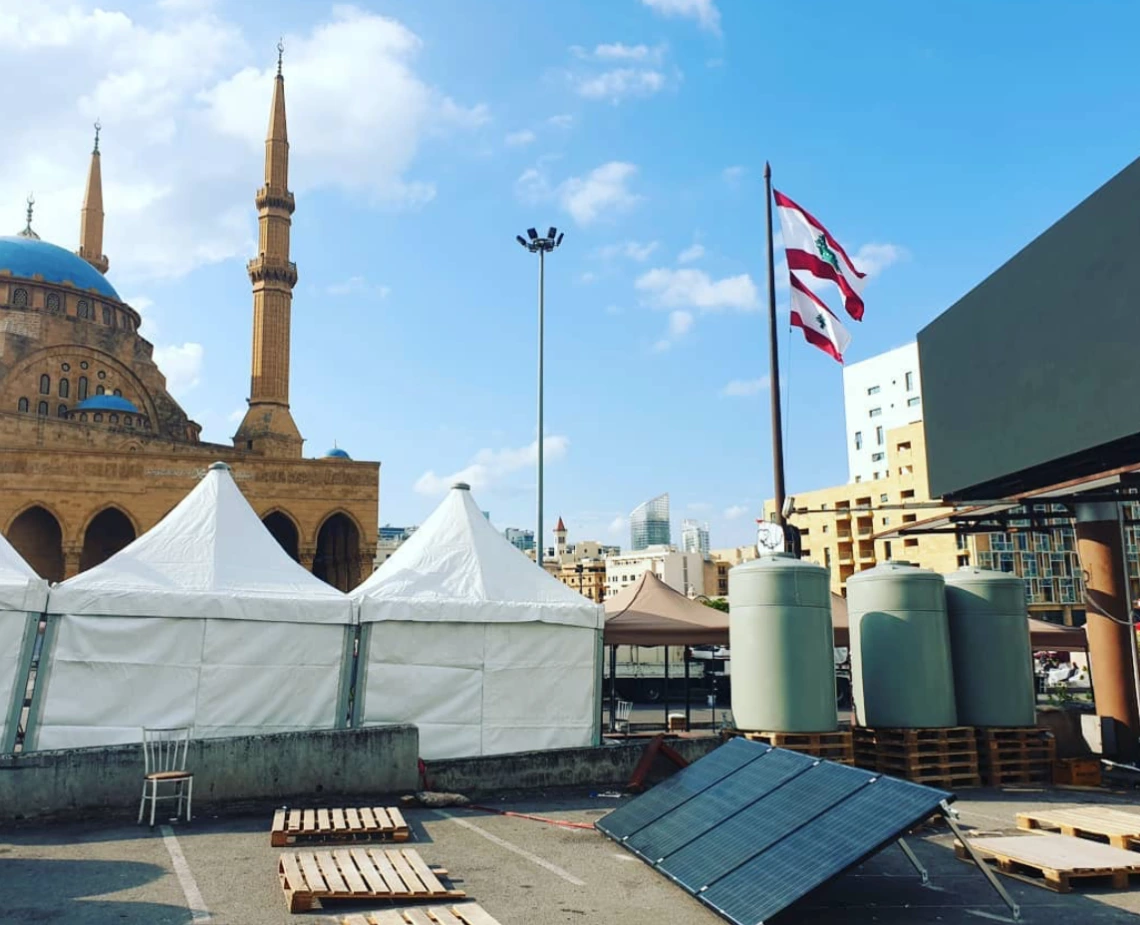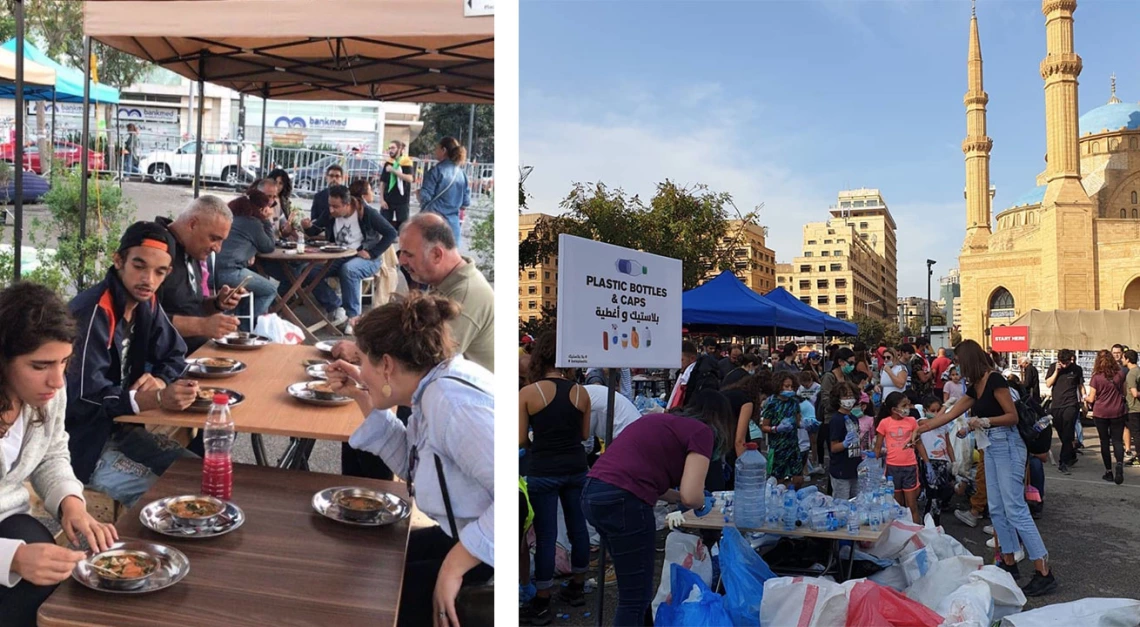Recycle Lebanon
In the summer of 2017, a young woman living in Beirut remarked to me, “People are used to going around the government to achieve what needs to get done. People are resilient, resourceful, and fed up.” This sentiment is common among those I work with in Lebanon as daily life is structured by intersecting issues of environmental and infrastructural degradation, perceptions of instability, and government ineptitude. Since the civil war ended in the 1990s, the government has struggled to provide basic infrastructures like 24-hour electricity, waste management, or public transportation and, like most places around the world, continually mismanages environmental resources from their forests to their coasts. As an anthropologist, however, I work to understand how these issues of infrastructure and the environment intersect with people’s resilience and resourcefulness, leading them to create alternatives to increase wellbeing for themselves, their communities, and the planet.

I have long been interested in how people practice environmental politics and have been studying and researching in Lebanon since 2012. As a doctoral student in sociocultural anthropology, I wanted to study infrastructure as a way of better understanding how environmental degradation and everyday service provision influence how people develop their political ideologies and practices. For my dissertation research, I study how decentralized networks (people who are not part of state or traditional civil society groups) come together to practice infrastructural politics to demand alternatives to environmental and infrastructural degradation and institute new forms of environmental and social wellbeing.
One of these organizations is Recycle Lebanon, founded by Joslin Kehdy, who have become crucial community partners in this research. Recycle Lebanon is a social change and circular economy hub focusing on data visualisation, access to circular living and local alternatives for waste reduction, education, and prevention and legislation to raise national awareness, connect, and empower individuals to drive collective action. They originally emerged in response to the garbage crisis in 2015, dealing with the environmental fall-out from inadequate waste treatment and management. Most recently, popular uprisings against the government, new austerity measures, and a deepening economic crisis (among several other connected issues) beginning in October 2019 has created new needs that Recycle Lebanon and their networks are responding to. These include helping coordinate massive volunteer clean-ups and recycling initiatives of “revolutionary waste” from the protest sites and feeding roughly 200 people a day from a zero waste kitchen in Martyrs Square as a form of mutual aid and solidary building.

I began working with Recycle Lebanon as a volunteer last summer, helping with their data project called “Regenerate Lebanon,” which I will be working on during the CLIMAS fellowship, and beyond. Regenerate Lebanon is an open-source online platform visualizing local environmental and infrastructural issues and connecting people to solutions. Using qualitative and quantitative methods we’ve amassed datasets on the solid waste supply chain in Lebanon along with several other growing datasets to help visualize both the current issues and solutions. This platform emerged in response to crucial questions: How can I make Lebanon better? What can I do? Who’s already doing what, where, and how can we visualise these solutions for collective action? Lebanon has solutions for many environmental and resources problems and there are an abundance of initiatives working towards the sustainable development of the country. With the launch of “Regenerate Lebanon” it will be easier to understand the activities and initiatives available to get involved in on an individual and collective level. We need to first understand what is being done and how others can contribute and innovate from the foundation of sustainable actions already in place.
Photo Credit: Recycle Lebanon.
Photo Captions:
- Temporary infrastructures created in Martyrs Square, including solar panels for electricity, water tanks, and tents to house conversations and workspace for protestors in Beirut.
- Enjoying lunch from the Regenerate Lebanon zero waste kitchen.
- Protestors gather together to collect and sort waste.
- A snap-shot of the Regenerate Lebanon platform.

